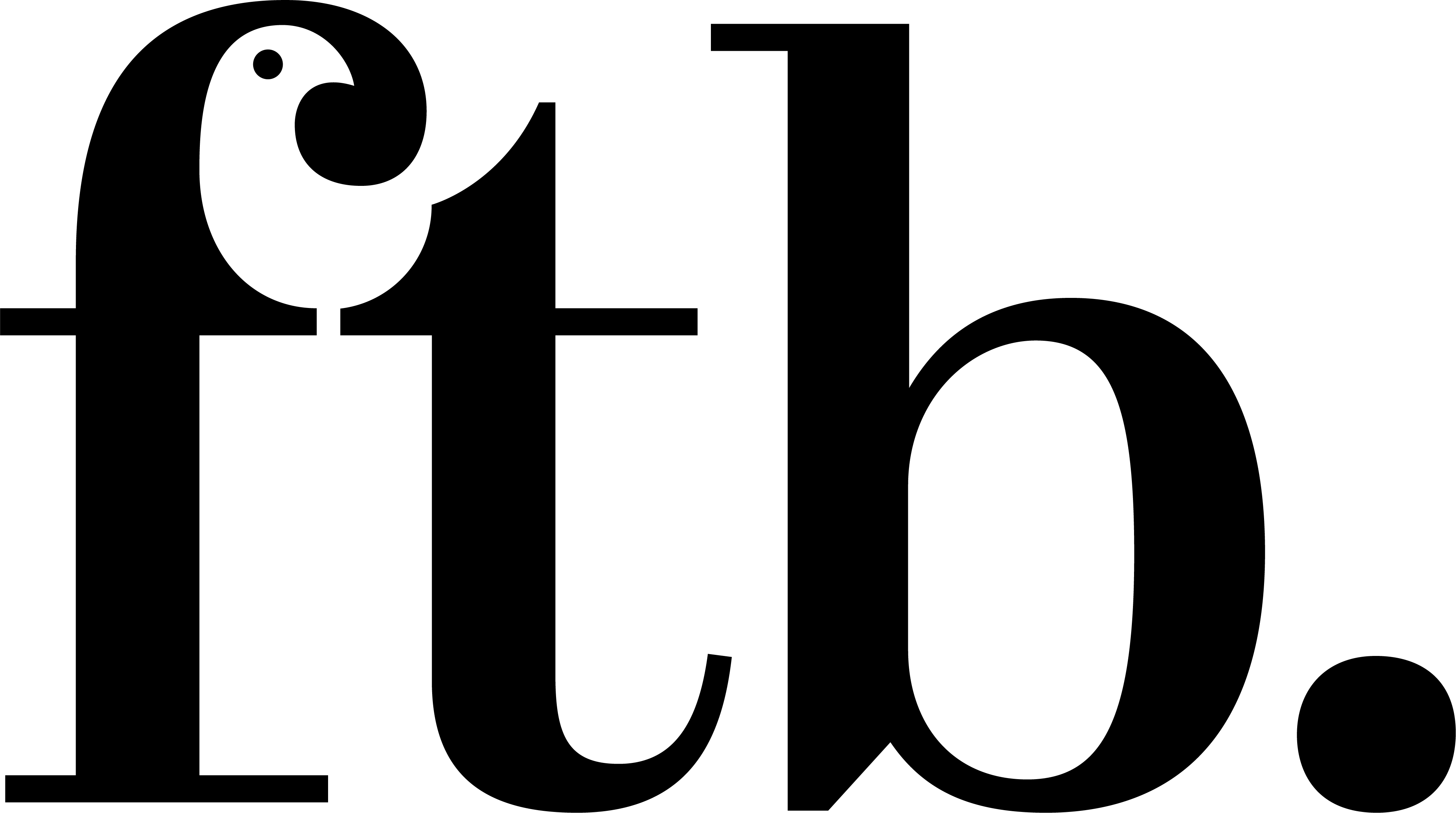Beautiful Thinking.

In a world increasingly defined by fragmentation, where geopolitics trickles into the everyday choices we make, the notion of “country of origin” has taken on new meaning. What once sat quietly on a label – more factual than emotional – now provokes strong feelings, assumptions, even action.
As consumers, we have long made sweeping assumptions about quality based on where a product is from. German engineering is trusted without question; Italian fashion evokes visions of effortless elegance; Scottish whisky is considered near-sacred. It’s an ingrained behaviour so common that we hardly pause to interrogate it.
Yet these country-based perceptions run deep in consumer culture. They shape purchasing decisions on instinct, driven by inherited narratives about quality, craft, and heritage. If it’s a car from Germany, we expect precision. If it’s whisky from Scotland, we expect character. We do it automatically. And in an era of shifting global alliances, it’s a pattern of thinking that feels more potent than ever.
This instinctive behaviour has been thrust into sharper relief amid the rising trade tensions and tariff wars dominating every current news cycle. More than ever, consumers are connecting the dots between their purchasing choices and the larger geopolitical stage. What was once a passive transaction is now being reframed as an act of resistance, or allegiance.
For some, the simple decision of what to place in their shopping basket has become a personal protest. It is, as one participant in our conversation put it, a way of “doing something” in a world where individuals often feel powerless against the forces shaping their lives.
There’s something quietly profound about this idea: supermarket aisles becoming modern battlegrounds, where consumers wield their purchasing power in the face of economic aggression. It is less about flag-waving nationalism, and more about quiet defence. Standing guard over one’s local economy, pushing back against perceived external pressure.
It speaks to a broader truth about the times we are living in. The world is most certainly at a crossroads, with many uncertain as to which direction it will go. And that’s without even attempting to untangle the complexities of Wall Street, futures markets, or the nuances between a tariff and a retaliatory tariff. Most of us struggle to grasp the full implications of the global financial situation, until we’re faced with something universally understood – the looming shadow of recession.
There is an underlying sense that we are veering into an era of protectionism, and away from the ideals of collaborative globalisation. Because how can countries and their consumers stung by Trump’s trade war, not want to retaliate in some form? This feels especially true for nations like Canada and Denmark, who have endured a barrage of vitriol in recent months.
Both countries wear their national identity with quiet pride. Canada, rich in natural resources, is globally recognised for its forestry and minerals. Denmark, and its Nordic neighbours, are known for agriculture and craftsmanship. But more than mere exports, these nations have woven their way of life into their products – maple syrup from Quebec, Nordic skincare from Copenhagen. The essence of these countries is bottled, branded, and sold as an invitation for consumers to buy into a lifestyle of trusted quality and inherent authenticity.
The same, of course, can be said for many products hailing from the United States. American brands have long traded on their cultural weight. Yet now, as tensions mount and global sentiment shifts, many are finding this once-powerful selling point fast becoming a liability.
It is little surprise that retailers and consumers in countries caught in the crossfire are beginning to take matters into their own hands. Denmark’s largest supermarket chain, The Salling Group, has introduced subtle cues on packaging to highlight European-made products. Goods bearing a small black star signal their continental provenance – a quiet nudge for customers seeking to support their local economy. As the group’s CEO, Anders Hagh, put it, “Our stores will continue to have brands from all over the world, and it will always be up to customers to choose. The new label is only an additional service for customers who want to buy goods with European labels.”
Meanwhile, industries in the United States are beginning to feel the chill of global coolness. The Kentucky bourbon sector – where over 90% of the world’s bourbon is crafted – is now under serious threat, as international buyers look elsewhere. In Canada, the government-run Liquor Control Board of Ontario has issued direct orders for retailers, bars and restaurants to pull American products from their shelves.
Of course, not every consumer will be swayed. For some, the ingrained familiarity of a beloved American brand outweighs the complexities of geopolitics. Yet there’s a palpable sense that even the most loyal customers might reconsider, should these brands double down on overt displays of their American origins. Imagine Uncle Sam replacing Ronald McDonald, or the Stars and Stripes splashed across a can of Coke. Such imagery risks alienating even the most steadfast followers, at best prompting them to purchase with the discretion of a speakeasy during Prohibition.
What’s emerging is a fascinating transformation: the notion of country of origin shifting from mere storytelling device to political statement. To explicitly declare one’s American roots is, intentionally or not, to signal alignment with Trump’s vision for the nation. Yet within America itself, fractures appear. Outlier states (we’re looking at you, California and Governor Newsom) may well continue to champion their local identity, not as an endorsement of the national agenda, but as a quiet act of resistance.
This interplay between nation and brand raises broader questions. For brands that have always embraced their provenance, the strategy might be clear: lean in. For others, especially those caught in the turbulence of a country’s waning global appeal, the path is less certain. Should they amplify their origins, or seek to transcend borders altogether?
Reflecting on history provides a thought-provoking contrast. Carlsberg, the Danish brewer, famously shared its pioneering yeast strain with the world—a bold act of generosity that feels almost unthinkable in today’s climate of closed-door protectionism.
Increasingly, brands must navigate this tension.
And as consumers grow ever more attuned to the provenance of the products they buy, the choices brands make about how they embrace, moderate, or distance themselves from their country of origin will become a defining part of their narrative.
One thing is clear – in this new era of consumer consciousness, provenance is no longer a passive detail. It’s an active, often political, choice. Brands must tread thoughtfully, balancing heritage with humility, and national pride with a respect for the global stage. After all, in this moment of heightened sensitivity, the way a brand carries its flag could be the difference between being welcomed into homes and quietly left on the shelf.
